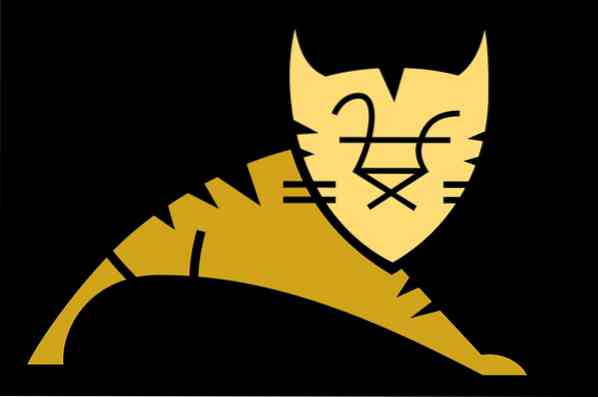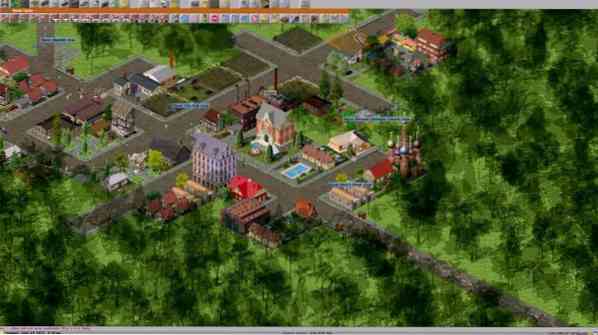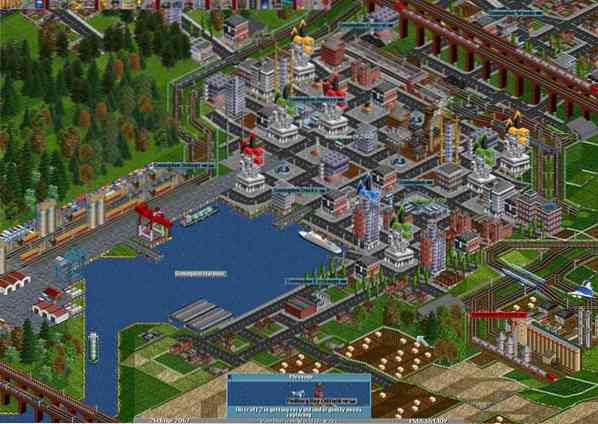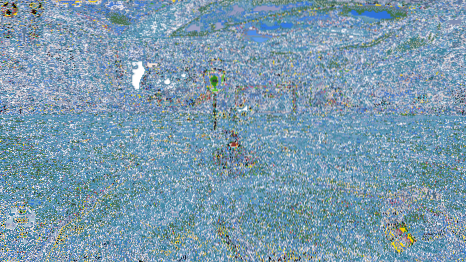Some amazing Java application servers like Eclipse Jetty and Apache Tomcat offer amazing features and support. Still, many people get confused while choosing one of these platforms while working on their Java web application.

In case you also want to know the differences between Jetty and Tomcat, then read our complete article. This article will help you understand everything about these Java application servers as we have mentioned all of the required information and comparison between Jetty and Tomcat.
So first, let's see the similarities between Jetty and Tomcat:
- Jetty and Tomcat are open-sourced platforms.
- Jetty and Tomcat are written in Java.
- Jetty and Tomcat implement the JSP specification and Servlet.
- Jetty and Tomcat are broadly used in production environments.
- Jetty and Tomcat have amazing community support.
Jetty Vs. Tomcat Compared
Now we will describe all of the aspects with every single difference between Tomcat and Jetty:
What is Eclipse Jetty?
Jett is an open-source web server that works to provide HTTP servers and servlet containers. Jetty servlet containers deliver applications with various options needed to launch any application servlet.

The Jetty server project is part of an Eclipse Foundation, and it is not a new project because the team started the development in 1995. You can install Jetty in tools, devices, application servers, frameworks, and clusters.
Jetty also has amazing support for different Java technologies like AJP, JMX, SPDY, JNDI, JAAS, WebSockets, OSGi, etc. It has great deployment methods which provide various advantages to development teams. Many people prefer Jetty due to its compactness and require less space for appropriate working.
Jetty Features
There are multiple features of Eclipse Jetty, and they are:
- Jetty provides a great runtime environment.
- There is a great application of life-cycle management.
- Jetty assures the viability of application logic.
- Jetty supports an application deployment.
- They support cloud-style operations.
- Jetty has a good interface and is user-friendly.
Pros and Cons of Eclipse Jetty
| Pros | Cons |
|---|---|
| Jetty is a lightweight platform. | Jetty has bootup time-related issues. |
| Jetty is very fast and thin. | Users require a little bit of knowledge to use it easily. |
| Jetty is embeddable. | |
| Jetty is highly scalable. |
What is Apache Tomcat?
Tomcat or Apache Tomcat is a matured and open-sourced Java servlet container. This Java servlet container works to install various Java Enterprise specifications like Websites API, JavaServer Pages (JSP), Java Servlets, etc.

Tomcat was developed in 1998 in the participatory environment, so it started as a reference for the first Java Servlet API and Java-Server Pages. Now, it doesn't work as a reference implementation for these technologies.
People consider Tomcat the first choice and are still one the best and used java-sever because of its various capabilities like proven core engine, good extensibility, and durability. Tomcat is undoubtedly one of the most famous application servers used with the Java web applications designed by Apache Software Foundation.
Apache Tomcat Features
Here is the list of top features in Tomcat:
- Tomcat is incredibly lightweight.
- Tomcat is an open-sourced platform.
- Tomcat is a broadly Java application server.
- There is an extra layer of security in Tomcat.
- Servers associated with Tomcat are highly stable.
- Tomcat is a highly flexible and matured platform.
Pros and Cons of Tomcat
| Pros | Cons |
|---|---|
| Tomcat is easy to install and simple to configure. | There is a memory leak-related issue. |
| Tomcat has built-in features of security. | Cluster support is not good enough. |
| Tomcat offers a rich API set. | |
| Simple options for web app deployment. |
Jetty vs. Tomcat: Comparison Table
| Factors | Jetty | Tomcat |
|---|---|---|
| Releasing year | Jetty was released in 1995 | Tomcat was released in 1999 |
| Owned by | Eclipse Foundation owns jetty. | Apache Software Foundation Foundation owns Tomcat. |
| Type | Free to use | Free to use |
| Clients | Companies like Nubank, Google, Canva, Okta, Deloitte, Yahoo, Ratepay GmbH, Nuxeo, Apache Geronimo, DocEngage, Shutterfly, etc., use Jetty. | Companies like eBay, Accenture, Spring, DeLeo, Birdview, Zalando, Craft base, MasterCard, Jenkins CI, JBoss, Zillow, etc., use Tomcat. |
| License | Apache License 2.0 and Eclipse Public License 1.0 | Apache License 2.0 |
| Official Website | https://www.eclipse.org/jetty/ | http://tomcat.apache.org/ |
| Market Share | The market share of Jetty is 8 to 12%. | The market share of tomcat is more than 50%. |
| Industry perception | Jetty is completely focused on performance. | Tomcat is completely focused on specification. |
| Tools | Tools like Lucee, Dropwizard Metrics, Apache Cocoon, etc., are integrated with Jetty. | Tools like Apache CXF, Lucee, SPM, Devo, Boxfuse, Apache Cocoon, SPM are integrated with Tomcat. |
| Java EE features | Jetty has a lack of support for Java EE features. | Tomcat has a lack of support for Java EE features. |
Conclusion
It was the complete information on the Jetty server vs. the Tomcat server. Our article focuses on the Jetty and Tomcat comparison to help you find out the best one to fulfill your requirements. As per our research, many people argue why Jetty is better than a Tomcat. In our opinion, Tomcat requires an appropriate upgrade according to the latest specification. However, Jetty works for the user community's requirements to improve performance. In case you found our article helpful, you can check out our official website because we have a huge list of informative articles.
 Phenquestions
Phenquestions


